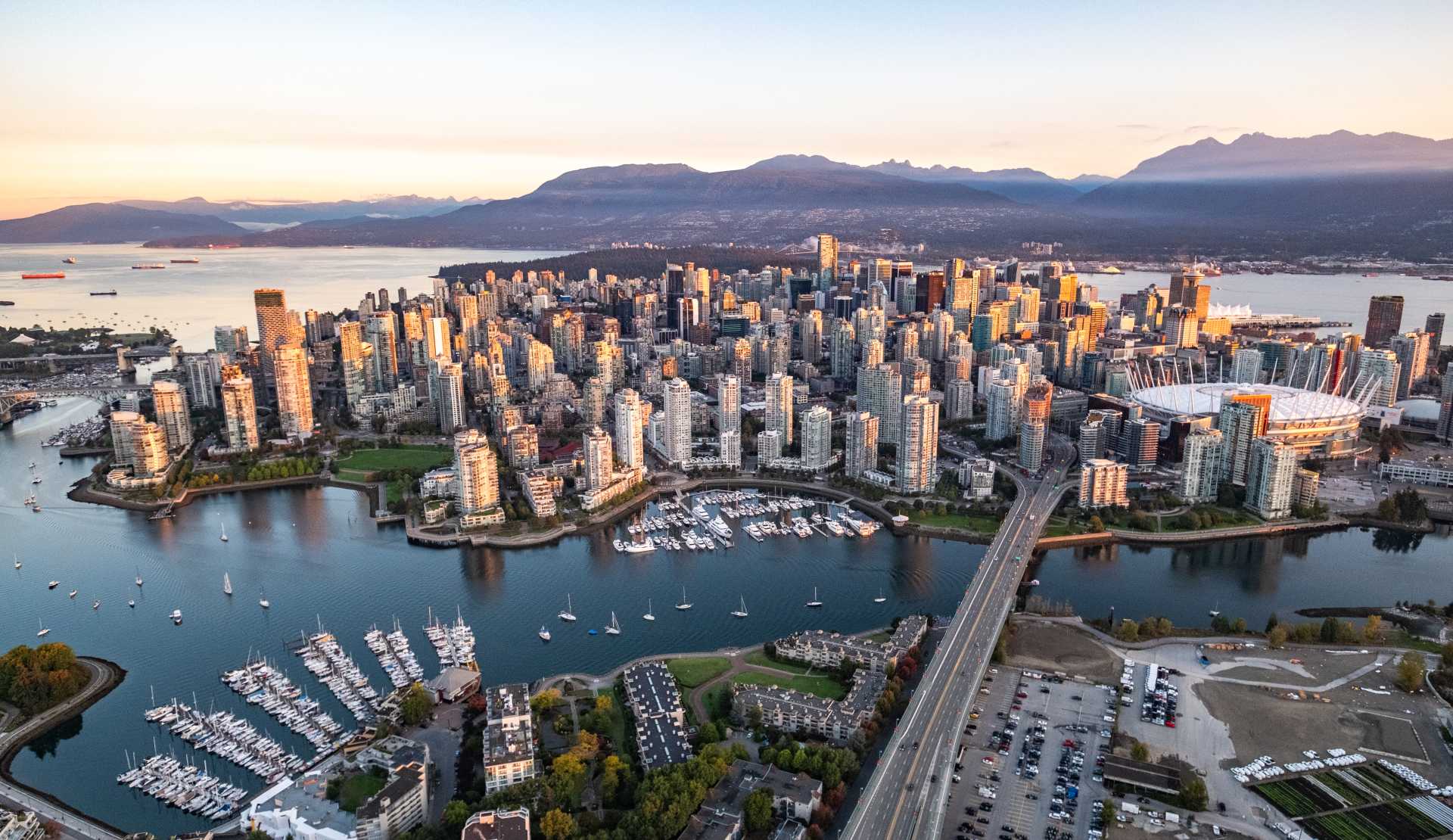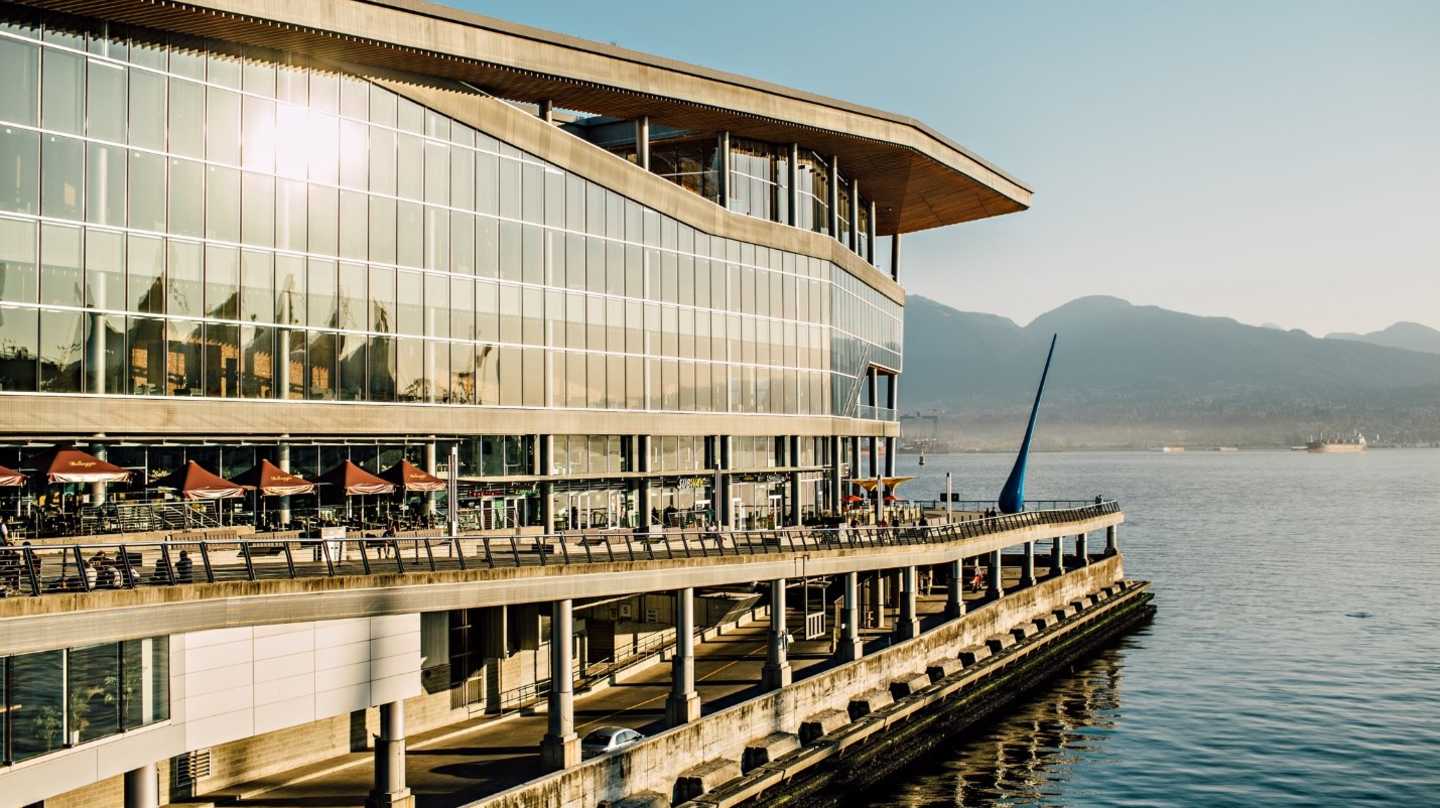By Holly Patrick
Is legacy - meetings that have an enduring, transformational impact on host cities and wider society - the key to sustaining an international events industry?
Yes, according to the Capilano University’s Conference Legacy Impact Study, released at the 2022 BestCities Global Forum, in Vancouver, where more than 40 association meeting professionals and 12 destinations met for a four-day conference in December.
“Nowadays, the sustainability argument means it’s harder to justify international meetings,” says BestCities Global Alliance managing director, Lesley Williams.
“It’s clear from many of the reports out there that sustainability is very high on everyone’s agenda; ‘we’ve always done it this way’ doesn’t wash anymore – meetings need to have a purpose beyond the traditional economic metrics. We need to meet in a socially responsible way taking into consideration carbon footprints, and the impact of activities on the local environment and its communities. This conversation needs to happen now.”
Legacy has been the focus of the BestCities Global Alliance since its inception and it’s a theme that is woven through each of the annual BestCites Global Forums. Previous Forums have produced legacy implementation and measurement tools such as the Copenhagen Legacy Lab – a Copenhagen Convention Bureau initiative to create long-term positive impact from congresses. And the 2022 BestCities Global Forum in Vancouver was no different.
Meeting under the theme ‘Fresh Perspectives’, the Vancouver Forum addressed legacy almost immediately.
In the opening session, held at the Vancouver Convention Centre, participants were asked to consider the challenges of various association-related topics including revenue diversification, long-term planning, and legacy.
Who should take responsibility?
Despite the topic of legacy being on the agenda for several years, it soon became clear at the Forum that some associations and destinations still don’t know where to start with it, and in some cases aren’t sure it’s ‘on them’ to build legacy into an event.
A key concern around legacy is the sheer size of it – ‘should a meeting change the world for the better and how can I ensure my meeting does that?’
Truth be told – it can’t. But any meeting, conference or event does have the potential to create a long-term legacy, whether it’s for one attendee, a whole city of people, an entire industry, or in fact, the world.
In doing so, there’s value in continuing to meet in person, as the Capilano University’s Conference Legacy Impact Study showed. "Legacies don't have to be global. They take time to develop, and they might only happen within an association, within a destination or within a region. The important thing is to just start doing something that will create a positive impact," explained Kara Walker, lecturer of tourism management at Capilano University, who presented the Conference Legacy Impact Study during the BestCities Forum.
So, you don’t have to start big, “but definitely just start doing something,” adds Walker.
Whether that’s having conversations with prospective host destinations about what tools and knowledge they can provide to ensure a meeting has a positive legacy beyond the convention centre or building legacy-specific requirements into an RFP to quickly assess whether a destination and its convention bureau can align with the association’s mission.
Thinking about how to get started, the Study makes six recommendations for destinations and four for associations on how to execute effective legacy impact.
Read full article: https://amimagazine.global/Meetings/Legacy/Meetings-need-to-have-a-purpose-BestCities-Global-Forum-Vancouver




